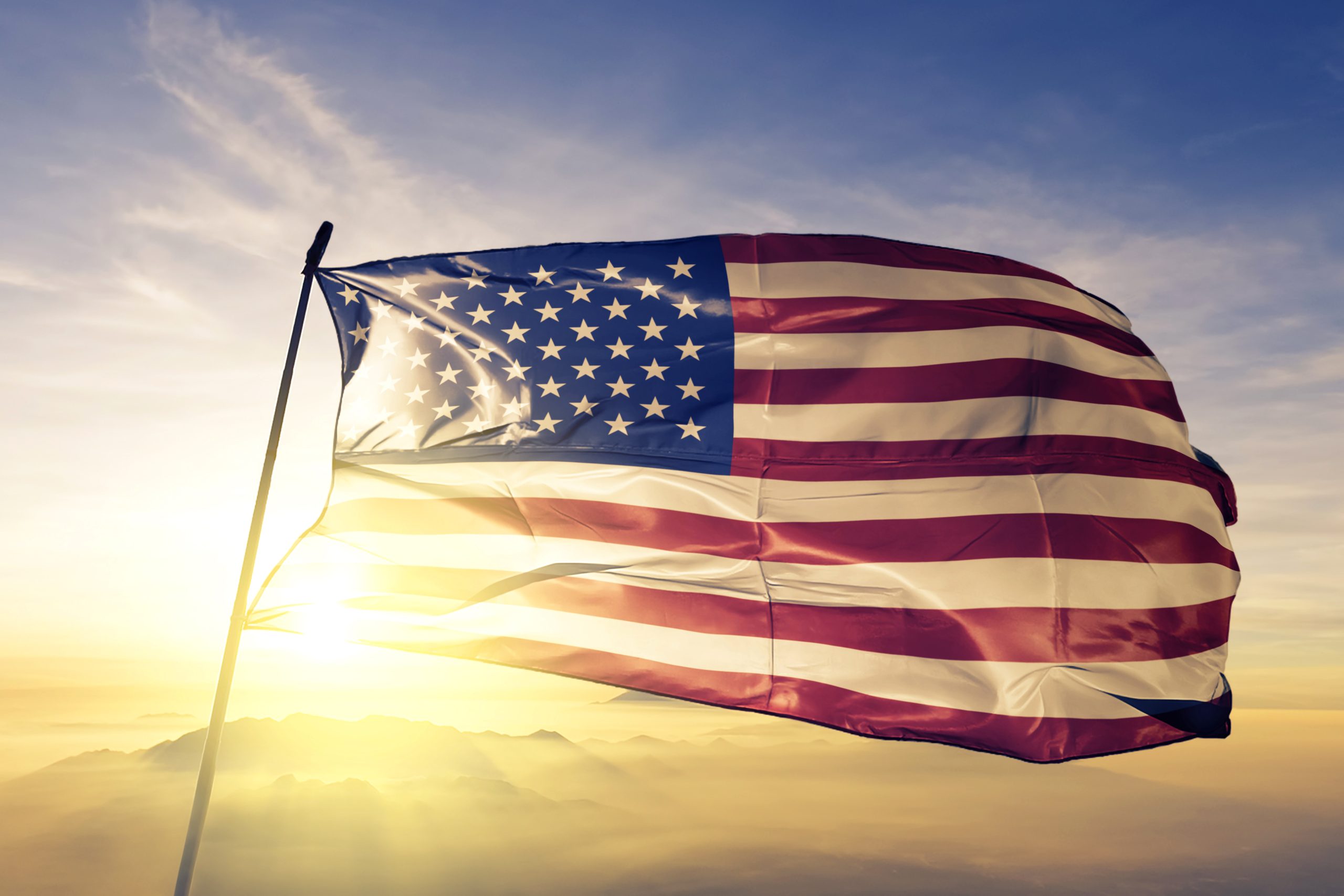This Memorial Day is particularly meaningful because in less than three weeks America will be celebrating the 250th anniversary of the United States Army.
Because we are alive today, it is natural for us to remember the conflicts and the sacrifices made during our own lifetimes.
But the Army’s 250th birthday reminds us of those who fought in America’s wars going back to our War for Independence.
We cannot forget all those who died wearing the uniform simply because the fog of time has settled upon us.
For example, I look at Casimir Pulaski, often referred to as the “Father of the American Cavalry.”
Pulaski, who was from Poland, met Benjamin Franklin in Paris in 1777 when Franklin was America’s ambassador to France.
Franklin was impressed by Pulaski and wrote to General George Washington saying that the Polish military man was “an Officer famous throughout all of Europe for his Bravery and Conduct in Defense of the Liberties of his Country.”
With Franklin’s encouragement, Pulaski traveled to America and then met with General Washington at his encampment.
Pulaski volunteered and immediately had a critical impact at the crucial Battle of Brandywine in Pennsylvania.
As the tide of the battle was turning against the Continental Army, Washington realized that his right flank was about to collapse, which would have resulted in the destruction of the Army.
However, at that moment, Pulaski led a counter charge of only 30 cavalrymen, which saved the Army and the Revolution.
The Continental Congress made Pulaski a brigadier general, and he went on to perform valiantly in many subsequent battles.
However, in 1779, on the last day of the Siege of Savannah, Pulaski rallied a fleeing group of America’s French allies.
He then charged the British positions and was mortally wounded.
Why do I pick out General Pulaski out of the more than a million Americans who have died in service to our nation?
Because I think he represents so many of the ideals that led Americans from all walks of life to lay down their lives for our country.
In a proclamation, President Ronald Reagan wrote that General Pulaski “recognized no barriers of culture, language, or history in humanity’s universal search for individual rights and political and religious liberty.”
Mr. Reagan said that Pulaski’s “spirit survives today—in our hearts and in the rights enshrined in our Constitution” and we “enjoy our freedoms because of the enduring vision for which [he] fought and died.”
Finally, President Reagan said, “We stand for these rights in our dialogue with other nations, where each released political prisoner, every gain for a free press or freedom of worship, or any progress toward freedom of speech and assembly is a new victory in the struggle General Pulaski undertook more than 200 years ago.”
Memorial Day, therefore, is not just about the how many and the who, it is about the why—why so many Americans were willing to make the ultimate sacrifice for their country.
The motto of America’s fledgling Continental Army was “This we’ll defend,” which was not just an exhortation to fight for land, but a battle cry to fight for the ideals of freedom and liberty upon which this country was founded.
So on this Memorial Day let us remember all those sacrificed and what they sacrificed for.
Lance Izumi is senior director of the Center for Education at the Pacific Research Institute. He was directly commissioned as a captain in the California State Military Reserve and served from 1991 to 1996.


